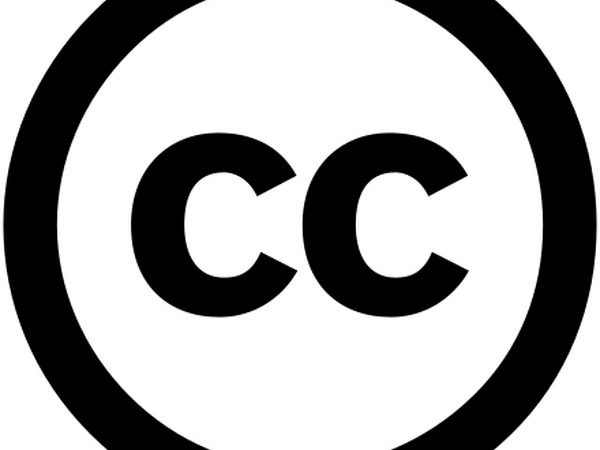Digital Services » Library & Learning Resources (LLR) » Open Access and Research » Open Access Publishing » Creative Commons Licences
Creative Commons is an international non-profit organization that enables the sharing and use of creativity and knowledge through free legal tools. Their copyright licences provide a simple, standardized way to give the public permission to share and use creative work — on conditions of the creator’s choice.
Creative Commons offer a variety of international recognised licences to allow work to be shared and re-used under a range of conditions. Details of the licences can be found at: About The Licenses – Creative Commons. The licences used most frequently are:
By default, a CC-BY licence will be applied to all research publications archived to the Research Repository. Research funded through UKRI, the Wellcome Trust and National Institute for Health and Care Research must be published under a CC-BY licence unless an exception has been agreed with the funder. Authors of unfunded research may apply other Creative Commons licences as appropriate: please contact the Open Access team for further details at openaccess@uwtsd.ac.uk
In all cases, research staff should consult INSPIRE regarding the negotiation of Intellectual Property Rights with publishers (including copyright, licensing, embargo periods) in order to secure contractual terms which meet the University’s Intellectual Property (IP) Policy and any relevant funder policies.
Theses and dissertations will be given a CC BY-NC-ND licence by default. Students may choose a different Creative Commons licence on deposit if required.
When as an author you use a CC-BY Licence (sometimes referred to as a “CC Attribution Licence”), you retain copyright over your work, while allowing others to distribute, remix and build upon it, even in a commercial setting. Any users of your CC-BY licensed work MUST attribute you in any resulting works. CC-BY does not affect your moral rights to the work (regarding “derogatory use” of your work) or your “fair use” rights. Further explanations of these terms are provided below.
Use of CC-BY makes it clear to your audience that such derivations are permitted without their having to contact you and ask – this licence aims to foster maximum dissemination of your work. If you choose to licence under CC-BY, it is advisable to provide a short citation statement telling potential users how you would like to be credited, for example:
“This is an Open Access article distributed under the terms of the Creative Commons Attribution License, which permits unrestricted use, distribution, and reproduction in any medium, provided the original author and source are credited.”
You may want to provide a link to the CC-BY online summary to help your users understand their obligations: Creative Commons — Attribution 4.0 International — CC BY 4.0
Creative Commons make available three listings of each licence: an easy-to-read “summary”, a copy of the full legal code and a machine-readable licence. Their handy Licence Chooser can also help you decide which licence is most appropriate for your work.
The following explanations are taken from the Creative Commons listing for the CC-BY Licence.
Some information on this page has been adapted from the University of Oxford under a Creative Commons Attribution 3.0 Unported licence (CC BY 3.0). Original content at: Copyright, Creative Commons and Open Access (ox.ac.uk)
